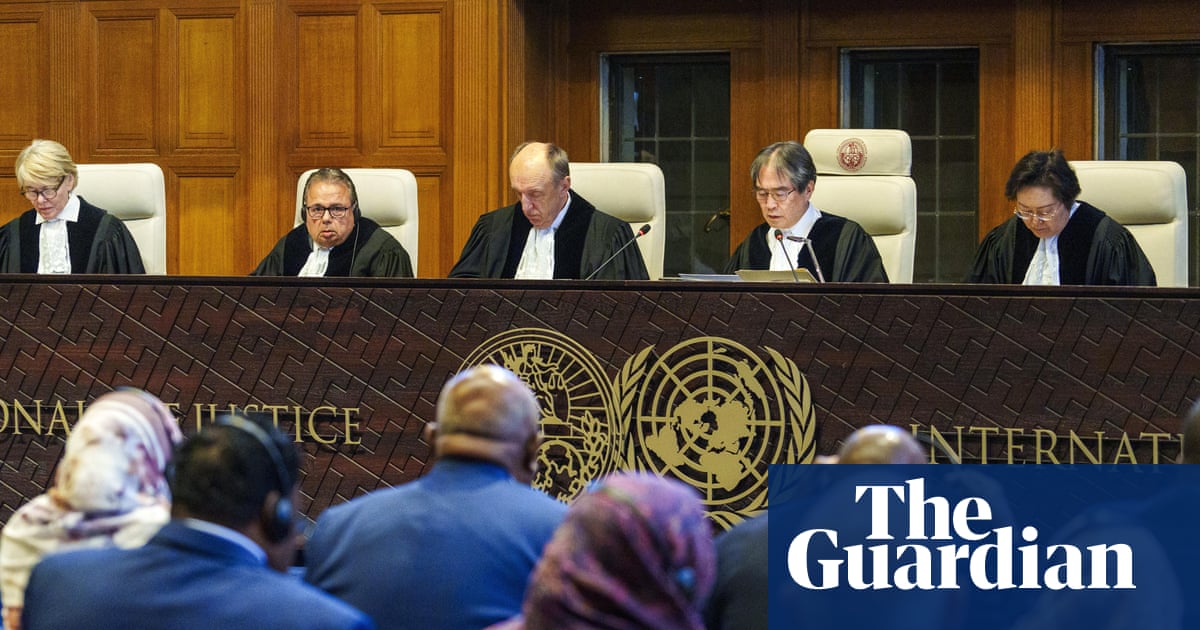
"The judges highlighted that the UAE's reservation on the genocide convention was precise and fully compatible with the convention's objectives."
"This ruling marks a significant diplomatic win for the UAE, helping to mitigate accusations of its role in exacerbating Sudan's civil war."
"The ICJ's ruling underscores the complexities of jurisdiction concerning international law, especially when nations incorporate reservations into treaties."
"Following the decision, UAE officials claimed it illustrated the Sudanese Armed Forces' attempt to misuse the court for political ends."
The International Court of Justice ruled against Sudan's attempt to hold the United Arab Emirates accountable for alleged genocide in West Darfur, citing jurisdictional issues. The court's decision followed the UAE's 2005 reservation on the genocide convention, which exempted it from ICJ interpretation disputes. While the judges recognized the severe humanitarian crisis in Darfur, they affirmed that the UAE's reservation was legitimate. This ruling marks a significant diplomatic victory for the UAE amidst ongoing allegations that it is supplying arms to Sudan's paramilitary forces, which have been implicated in wartime atrocities.
Read at www.theguardian.com
Unable to calculate read time
Collection
[
|
...
]